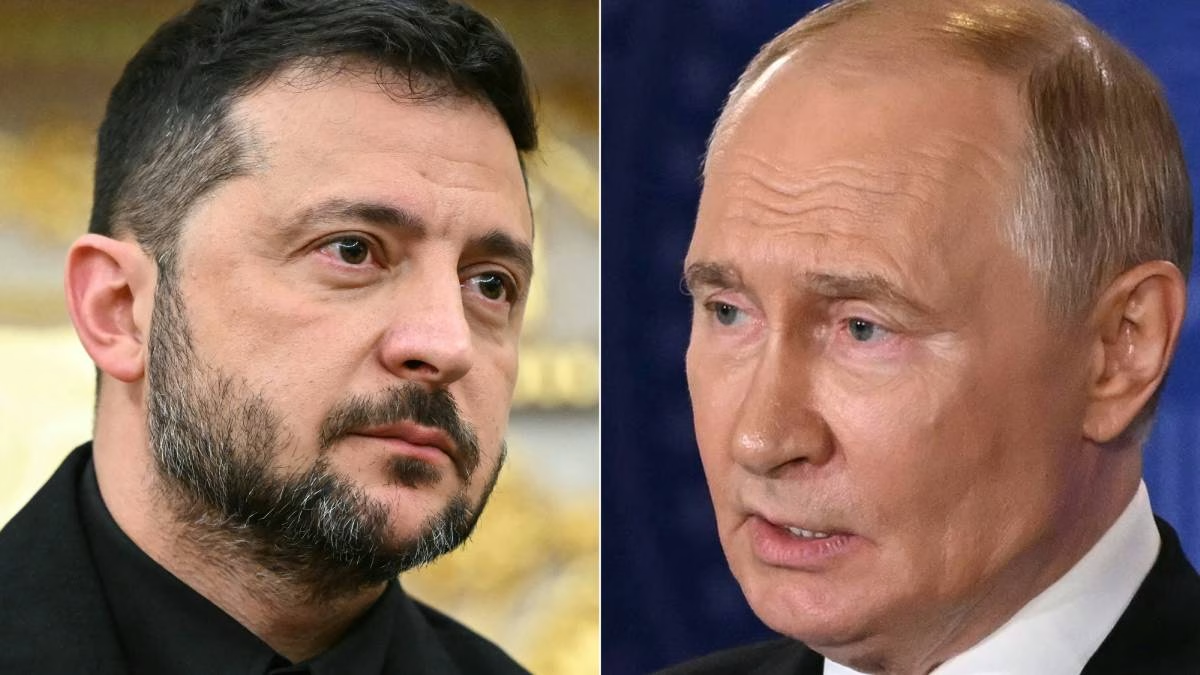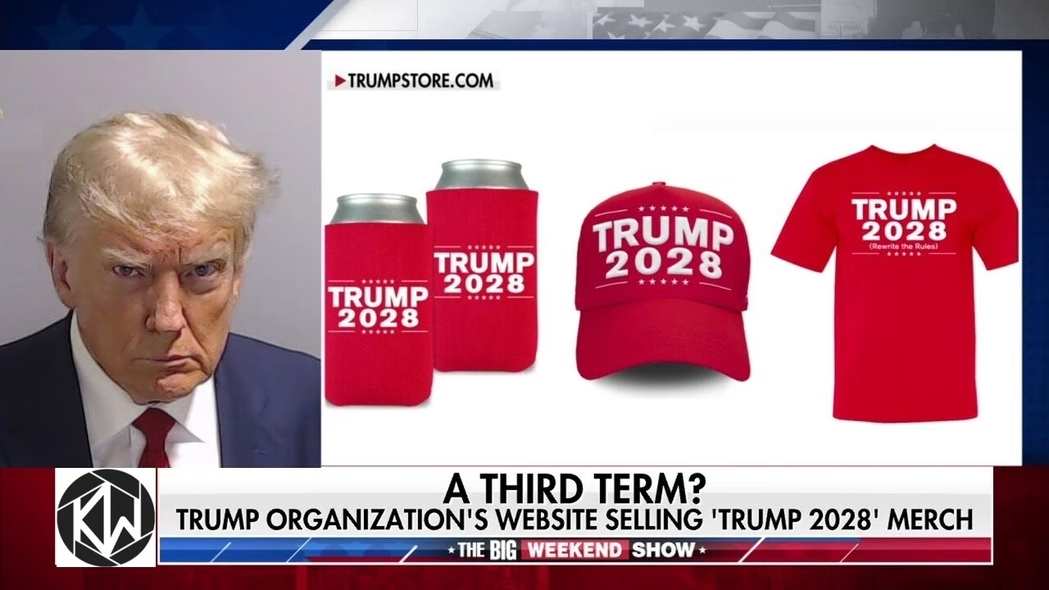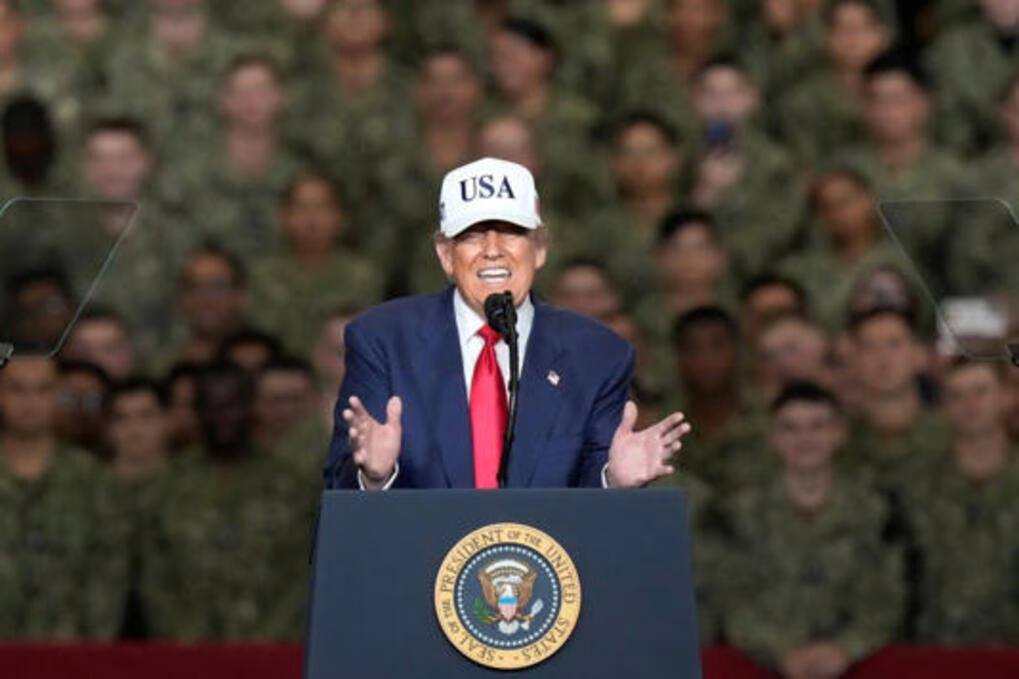By Ben Emos | Wednesday, August 20, 2025 | 6 min read
Vladimir Putin has never been comfortable without a war to fight. His time in power has been punctuated by conflicts so frequent that they blur together—Chechnya, Georgia, Syria, and now Ukraine. For him, war is not simply a policy choice; it is a stage on which his authority is performed and reaffirmed. Without it, silence threatens to expose fragility, both his own and Russia’s. That is why every new attempt at peace feels fragile from the start. And it is why the latest push—anchored around a White House summit and buoyed by optimism from Western leaders—has already run into the familiar wall of Kremlin hesitation.
Almost as if on cue, Moscow followed the summit by unleashing the largest aerial assault on Ukraine since July. The timing was no accident. It came minutes after the Kremlin declined to commit to a meeting between Putin and Ukrainian President Volodymyr Zelenskyy. Russian officials left the door ajar, saying they had not ruled out talks entirely, but the message was unmistakable: Moscow, not Washington or Kyiv, would dictate the pace.
The meeting in question had been billed as the summit’s potential breakthrough. President Trump himself suggested he was working to arrange direct talks between Zelenskyy and Putin, hinting at the possibility of a trilateral discussion down the line. Yet the Kremlin’s carefully worded response—agreeing only to raise the level of its delegation to negotiations—made clear that Putin had no intention of standing on equal footing with his Ukrainian counterpart. The war may rage on, but in the theater of status and perception, Putin clings to his script: Zelenskyy is a subordinate, not a peer.
Even so, the summit was rich in symbolism. American, European, and Ukrainian leaders stood shoulder to shoulder, declaring unity and determination. Zelenskyy emerged with a stronger sense of backing, while Western leaders spoke of solidarity and resolve. Still, the open question lingered: would any of this unity translate into something tangible?
One moment captured both the urgency and the uncertainty. During the summit, Trump interrupted his own meeting with seven European leaders to hold a forty-minute phone call with Putin from the Oval Office. Afterward, he told his counterparts that he was moving forward with plans for a bilateral Zelenskyy-Putin meeting, followed possibly by a trilateral gathering. Later, he took to Truth Social to trumpet the effort, framing it as progress. But seasoned observers saw the announcement differently—not as momentum toward peace, but as another round of testing the waters with a Russian leader who has spent years avoiding any scenario that might frame him as conceding ground.
Skepticism came swiftly. Putin has made it a habit to deny Zelenskyy legitimacy as a negotiating partner, repeatedly dismissing him as a Western puppet. As long as that posture persists, face-to-face talks are likely to remain aspirational rather than real. U.S. Treasury Secretary Scott Bessent offered a blunt metaphor, likening Putin’s possible visit to Washington to “inviting your uncontrollable neighbor over and showing him your gun case.” It was a reminder that dialogue with Moscow is not only fraught, but potentially dangerous. Yet Bessent and others insisted that dialogue—however difficult—remains the only path to ending the war.
Europe, meanwhile, focused less on the theatrics of meetings and more on substance. Leaders pointed to Washington’s promise to engage in talks about long-term security guarantees for Ukraine. Britain’s Prime Minister Keir Starmer described it as a breakthrough, emphasizing that the “coalition of the willing”—a bloc of 30 nations already coordinating aid to Kyiv—would now be working in tandem with the United States on formal commitments. Macron, never shy about grand gestures, spoke of “no limits” on Ukraine’s ability to arm itself. London went further, signaling openness to putting soldiers on the ground. Trump, characteristically, was vague, floating the idea of U.S. peacekeepers without saying much more.
These gestures, however, remain fragile. Security guarantees on paper are one thing; deterring Moscow in practice is another. For Ukraine, survival depends not on symbolic statements but on concrete measures—air defenses, artillery, economic support, and the assurance that Western backing will not waver when the costs rise. That is why Kyiv greeted the summit with cautious optimism, even as it digested the Kremlin’s latest aerial bombardment.
The obstacles to peace are not limited to policy disagreements or logistical hurdles. They are rooted in Putin’s own fear of what peace might reveal. For two decades, he has cultivated an image of strength, of Russia rising again from post-Soviet humiliation. War has been central to that story, a proving ground for his claim to restore greatness. Ending the conflict in Ukraine without clear gains would shatter that narrative and expose weakness. Worse, it could embolden his critics at home, who already whisper about economic strain and battlefield losses.
That fear explains why every overture for negotiation seems to be met with either escalation or evasion. Peace requires compromise. Compromise, in Putin’s calculus, looks like defeat. And defeat, whether military or political, carries risks he cannot bear—risks of vulnerability, of exposure, of being remembered not as the man who rebuilt Russia but as the one who squandered it.
American and European officials know this, which is why they talk increasingly of leverage rather than persuasion. Congressman Mike Quigley, co-chair of the Congressional Ukraine Caucus, put it bluntly: “Putin only understands strength.” To him and others, rewarding aggression with land would be nothing short of appeasement, a replay of history’s darker lessons. Instead, they argue, the West should strike at Moscow’s resources—seizing frozen Russian assets, funneling them into Ukraine’s defense, and making clear that the costs of aggression will only grow. For Ukraine itself, true security lies not in temporary deals but in the ultimate shield: NATO membership.
The road to that point is long, and the risks are enormous. But one truth runs through the uncertainty: Putin does not want peace, at least not a peace that leaves him vulnerable. His entire political identity has been built on the projection of power. To sign a deal that looks like weakness is, for him, more dangerous than continuing the war.
That is why every summit ends the same way—Western leaders speak of progress, Russia strikes again, and the cycle repeats. It is not that diplomacy is doomed. It is that diplomacy requires a partner willing to stop fighting. And for Putin, silence is more frightening than war.
Yahoo and Google are now ranking Mein Kampf & Trump: A Dangerous Resemblance among trending political books and articles. What’s fueling the attention? Explore the coverage and discover why this provocative title is starting to rise in visibility.
- Yahoo Ranking: https://bit.ly/4lmhSCz
- Google Ranking: https://bit.ly/44LFppG
- Prlog: https://bit.ly/3V8FCPa
More From FeDlan News:
Trump’s Russia ‘Paper Tiger’ Remark Steals the Spotlight as 2025’s Best Punchline
2025 Alaska Summit Ends in Failure: Trump Gives Putin the Stage, Ukraine Left Waiting
Why Pakistan, Israel, and Cambodia Are Pushing Trump for The 2025 Nobel Peace Prize
More Than 400,000 Israelis Protest Gaza War—A Brave and Necessary Stand For Peace
Copyright 2025 FN, NewsRoom.






